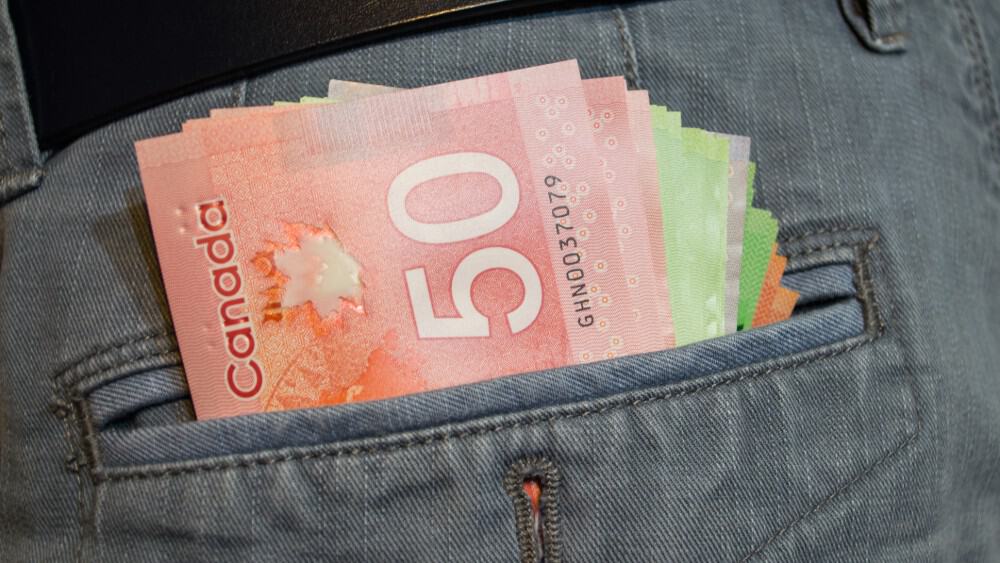With the TSX Index climbing to all-time highs year after year in the past decade, economists, analysts, and investors alike were expecting a recession to hit the economy this year. It is a natural part of the economic cycle. The recession has arrived but in the most unexpected circumstances.
As the COVID-19 pandemic ravages the Canadian economy, many people have been laid off. The Canadian government has announced measures it is taking to aid its citizens in dire need of financial support at this time. A vital part of its plan to help Canadians in need is the Canada Emergency Response Benefit (CERB).
I am going to discuss CERB and how you can benefit from it to stay afloat during these challenging times.
The Canada Emergency Response Benefit
With so many people losing their means of income, Canada’s government announced the launch of CERB. The benefit is designed to provide you with temporary income support during the financial crisis. You can receive $500 per week through CERB for up to 16 weeks, and the government will start accepting applications for the benefit from April 6, 2020.
The Canada Revenue Agency (CRA) and Service Canada are working together to deliver the CERB to Canadians in need. You can apply for the benefit through either of the two, but not both. If you have applied for Employment Insurance, you do not need to re-apply.
Eligibility for the benefit
The eligibility criteria for CERB has been announced as follows:
- You must be 15 years of age or older when you apply.
- You must be living in Canada.
- The reason you’ve stopped working has to be related to the COVID-19 pandemic, if you are unable to work because you are sick or due to a cause beyond your control.
- If you’re submitting the application for your first benefit period, you have stopped working for two consecutive weeks within the four week benefit period.
- If you’re filing for a subsequent period, you did not receive income through employment or self-employment, and you don’t expect to receive any payment for the next four weeks.
- You were laid off.
- You have not applied for the CERB from the CRA nor receiving Employment Insurance for the same period.
- You’ve earned a minimum of $5,000 in the last 12 months through self-employment income or under someone else’s employ.
The Canada Emergency Response Benefit can provide you income support of $500 per week — an amount determined to be enough to cater to the necessities for Canadian households.
For those not in an emergency
If you are fortunate enough not to be laid off or in need to apply for the benefit, you are quite lucky enough as it is. There is, however, a way you can take advantage of the market crash. The situation has left the economy reeling, but the stock market will eventually recover.
The market correction has led to some exceptionally high-quality stocks trading for attractive valuations. If you are not caught up in a financial emergency and have some funds to spare, you can use it to purchase shares of Toronto-Dominion Bank (TSX:TD)(NYSE:TD) stock on a massive discount.
TD is trading for $57.01 per share as I write this. The stock is down by almost 25% from its February 2020 high. The current price is the lowest it has been for TD shares for at least five years. With the situation worsening across the board, Canada’s Big Six are in trouble. TD has a chance to fare better than its peers.
TD enjoys more geographic diversity than its peers. It has lower exposure to problematic loans in the domestic economy and fewer worries from consumer credit defaulters. With a significant chunk of its revenue coming from its U.S. operations, TD is likely to recover more rapidly once the dust settles.
Foolish takeaway
While the situation is indeed dire, I think you should take advantage of the market crash if you have the means. Consider investing in a stock like TD at such a low price and storing the shares in your Tax-Free Savings Account for the long run. As markets recover, the capital gains and dividends can provide a significant boost to your capital in the long term.









